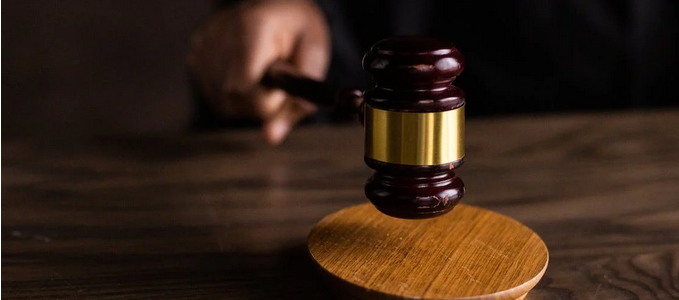Factors Affecting the Outcome of a Court Case Based on Identity Privilege

Welcome to our blog post on the factors that can greatly impact the outcome of a court case based on identity privilege. In today’s society, it is essential to recognize that individuals from different backgrounds may experience biases and disparities within the criminal justice system. This article aims to shed light on some key elements that can influence the fairness and equity of legal proceedings based on the informer’s identity privilege as specified in TRE 508. Whether we like it or not, representation plays a significant role in determining how cases unfold.
Representation

Proper representation is fundamental to ensuring a fair and just legal system. Regarding court cases, the quality of an individual’s attorney can greatly impact the outcome. Unfortunately, not everyone has equal access to competent legal counsel. For marginalized communities, finding adequate representation can be an uphill battle. Economic disparities often limit their ability to hire high-quality attorneys with experience navigating complex legal processes effectively. This lack of resources leads to a significant disadvantage from the start.
Bias and Stereotyping
When it comes to the outcome of a court case, one important factor that cannot be overlooked is bias and stereotyping. Unfortunately, these biases can significantly impact how individuals are treated within the criminal justice system. In many cases, biases based on race, ethnicity, gender, or socioeconomic status can lead to unfair treatment. For example, studies have shown that people of color are more likely to be perceived as threatening or dangerous by law enforcement officers. This perception can influence how they are approached during an arrest or questioned during an investigation. Similarly, gender biases can come into play regarding sentencing decisions.
Pretrial Detention
Pretrial detention is a critical stage in the criminal justice system that can significantly impact the outcome of a court case. It refers to when an individual accused of a crime is held in jail before trial begins. Unfortunately, various factors often affect this phase, further exacerbating existing biases and inequalities. One factor that can influence pretrial detention outcomes is socioeconomic status. Individuals from lower-income backgrounds may face difficulties in securing bail or meeting the requirements for release, leading to extended periods behind bars awaiting trial. This disparity highlights how economic privilege affects access to freedom and fair representation within the legal system.
Jury Selection
Jury selection is a critical stage in any court case, as it determines the individuals who will ultimately decide the defendant’s fate. However, this process can be influenced by various factors that may affect the outcome of a trial based on identity privilege. One factor that can impact jury selection is implicit bias. Despite attempts to eliminate bias during jury selection, studies have shown that jurors may still hold unconscious biases based on race, gender, or socioeconomic status. These biases can significantly influence how jurors perceive and evaluate the evidence presented in court.
Sentencing Disparities
 When it comes to the outcome of a court case, one factor that can significantly impact the result is sentencing disparities. These disparities refer to differences in the punishment given to individuals based on their identity privilege or lack thereof. Unfortunately, these discrepancies have plagued our justice system for far too long. One glaring example of sentencing disparities is seen in cases involving drug offenses. Studies have shown that people from marginalized communities, particularly Black or Hispanic, tend to receive harsher sentences than their white counterparts for similar offenses.
When it comes to the outcome of a court case, one factor that can significantly impact the result is sentencing disparities. These disparities refer to differences in the punishment given to individuals based on their identity privilege or lack thereof. Unfortunately, these discrepancies have plagued our justice system for far too long. One glaring example of sentencing disparities is seen in cases involving drug offenses. Studies have shown that people from marginalized communities, particularly Black or Hispanic, tend to receive harsher sentences than their white counterparts for similar offenses.
To address these issues effectively requires comprehensive reforms within our criminal justice system. Reforms are aimed at increasing equal access to legal representation regardless of economic status or background; implementing training programs for judges and attorneys focused on eliminating bias; reevaluating pretrial detention policies; promoting diverse juries through stricter guidelines for jury selection; and working towards equitable sentencing practices. Only when we confront these factors head-on can we hope to create a justice system that truly upholds the rights of all individuals. We …


